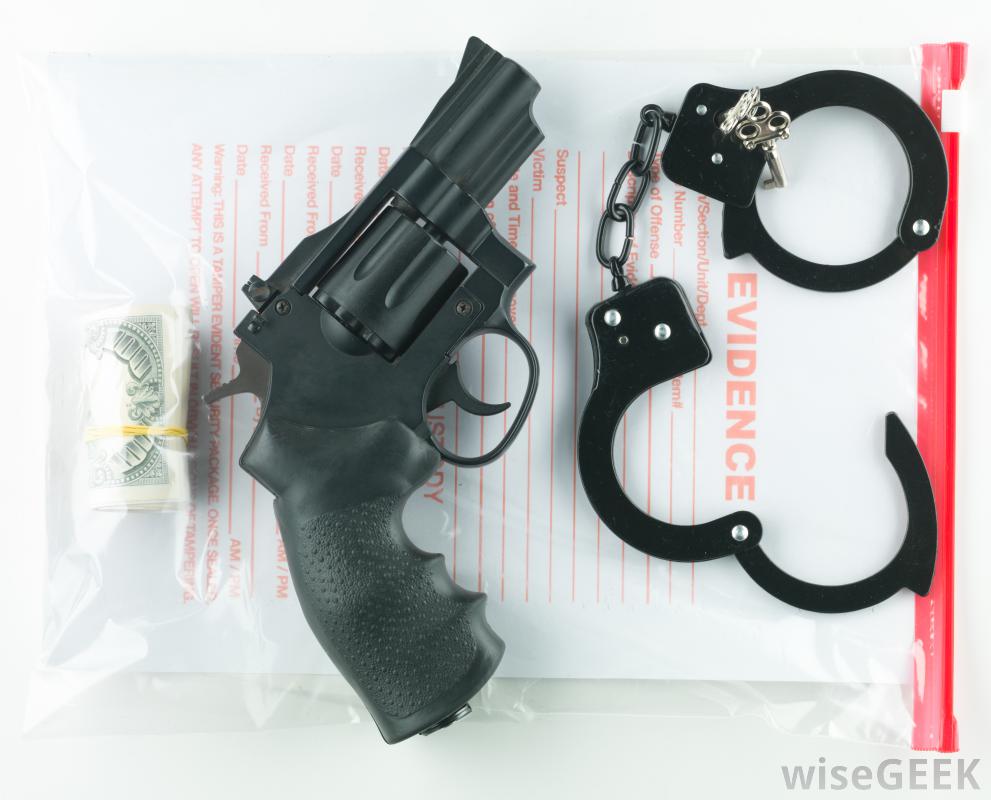Evidence is anything presented in support of an assertion. This support may be strong or weak. The strongest type of evidence is that which provides direct proof of the truth of an assertion. For example for any person to be proved guilty the evidence brought in must prove beyond reasonable doubt that the person committed that crime.
For Investigators, before they begin gathering information for possible use as evidence in their argument, they need to be sure that they understand the purpose of their assignment. If you are working on a project for a class, look carefully at the assignment prompt. It may give you clues about what sorts of evidence you will need.
Information is said to be relevant if it “tends to prove, or disprove, a fact in issue.” In fraud or corruption investigations, this means that a piece of evidence is probably relevant (and hopefully, compelling and convincing) if it tends to prove, or disprove, an element of proof of an offense, including proof of knowledge and intent. For any investigation to be successful there must be authentic evidence that will pin the person or people involved.
Come and enroll for Certified Fraud Examiner at the Institute of Forensics to acquire skills on how to gather evidence and how to determine the authenticity of the evidence gathered.
Evidence is anything presented in support of an assertion. This support may be strong or weak. The strongest type of evidence is that which provides direct proof of the truth of an assertion. For example for any person to be proved guilty the evidence brought in must prove beyond reasonable doubt that the person committed that crime.
For Investigators, before they begin gathering information for possible use as evidence in their argument, they need to be sure that they understand the purpose of their assignment. If you are working on a project for a class, look carefully at the assignment prompt. It may give you clues about what sorts of evidence you will need.
Information is said to be relevant if it “tends to prove, or disprove, a fact in issue.” In fraud or corruption investigations, this means that a piece of evidence is probably relevant (and hopefully, compelling and convincing) if it tends to prove, or disprove, an element of proof of an offense, including proof of knowledge and intent. For any investigation to be successful there must be authentic evidence that will pin the person or people involved.
Come and enroll for Certified Fraud Examiner at the Institute of Forensics to acquire skills on how to gather evidence and how to determine the authenticity of the evidence gathered.

